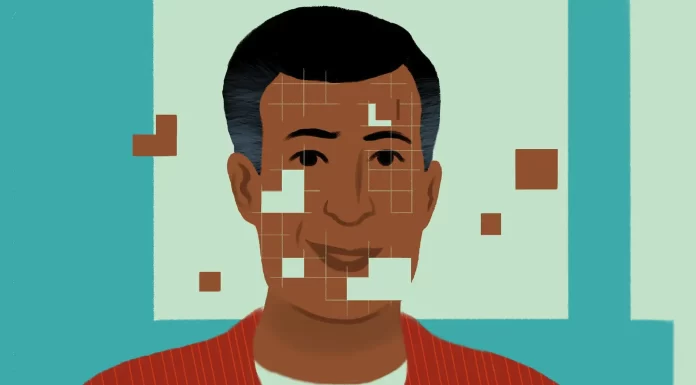Deepfakes have become a serious security risk in today’s digital era, potentially impacting our online safety, spreading misinformation and altering memories. As this technology becomes more accessible and convincing, we must learn its implications and how best to navigate its complex terrain.
Understanding Deepfakes:
At its core, deepfakes are computer-generated media created through artificial intelligence (AI) and machine learning algorithms that replace people in an existing image or video with artificially created counterparts that look and sound real. AI allows algorithms to analyze large datasets of photos and videos for creating highly convincing deepfake content – offering both creative and risky opportunities.
Deepfakes can have far-reaching ramifications. ExpressVPN revealed that deepfakes had been employed in several instances to manipulate public opinion, interfere with elections and incite social unrest – creating campaigns that may damage society by undermining trust and distorting reality. Therefore, Recognizing its power and danger is imperative in today’s technological era.
Spreading Misinformation:
Deepfakes can spread misinformation to an alarming degree. By impersonating public figures, politicians, or celebrities to disseminate falsehoods on a large scale – using AI-generated faces and voices within videos can make it hard to tell if something is real or fabricated – thus endangering information security and public discourse. Deepfakes present an imminent risk.
Imagine that a deepfake video surfaces, purporting to depict a prominent political figure engaging in illegal activities, and is quickly shared across social media platforms, prompting outrage and shifting public opinion. Even after being debunked, irreparable damage may already have been done to their reputation and public trust; these consequences of deepfake-fueled misinformation campaigns demand our constant vigilance and consideration.
Altering Memories:
Deepfakes present an existential risk to online security and challenge our sense of reality. One example is the “Mandela Effect”, which involves collective false memories shared among many people that incorrectly recall that Nelson Mandela died in prison in the 1980s, even though he eventually became South Africa’s president.
Mandela Effect has often been linked with human memory’s fallibility; however, deepfakes bring another dynamic into play. When exposed repeatedly to media manipulations containing falsehoods and lies, individuals may unwittingly adopt false memories or question the accuracy of their own recollections. Deepfakes make it harder to differentiate between genuine experiences and artificial ones and can further blur the lines between fact and fiction.
Altering memories has far-reaching repercussions that extend far beyond personal experience. Imagine, for instance, where deepfake videos convincingly recreate significant events from history or the conflict itself using deepfake technology; such manipulation could alter our understanding of past events and influence collective memory significantly. With each advancement of deepfake tech comes an increased possibility for memory manipulation.
Detecting Deepfakes:
As deepfakes pose potential harm, it is crucial that effective strategies be put in place to detect and counter their influence. Although their technology continues to develop rapidly, there are steps we can take now to identify them and reduce their impact.
At first, it is imperative to practice critical thinking. Be skeptical of questionable or sensational content and question its source before accepting it as authentic. When checking information from multiple reliable sources, verify its integrity for accuracy and authenticity – this helps combat misinformation, including deepfakes.
Organizations and researchers are actively developing software and tools to detect deepfakes. Utilizing such detection technologies can assist in distinguishing fake media from authentic content; while not foolproof, such tools represent significant progress against deepfakes.
However, technology alone is not sufficient. Education and awareness play an essential part in combatting deepfakes’ spread by informing individuals of the risks posed by them and providing guidance for identifying deepfakes – two crucial steps toward creating a more resilient digital society.
Conclusion:
Deepfakes pose severe threats to online safety, trust and the integrity of information. With technology evolving at an incredible rate, it is increasingly imperative for individuals, organizations and policymakers to collaborate in combatting this threat by raising awareness, encouraging critical thinking skills development and using detection technologies – together, we can navigate digital environments more securely while safeguarding ourselves against deepfakes’ potential dangers.
Fighting deepfakes requires a multifaceted strategy that responsibly integrates technological developments, educational initiatives, and media consumption. By remaining sceptical and vigilant while verifying sources and trusting in reputable information sources, we can mitigate their effect and uphold trust within society – collectively helping each other navigate this changing environment to protect online safety and collective well-being.







